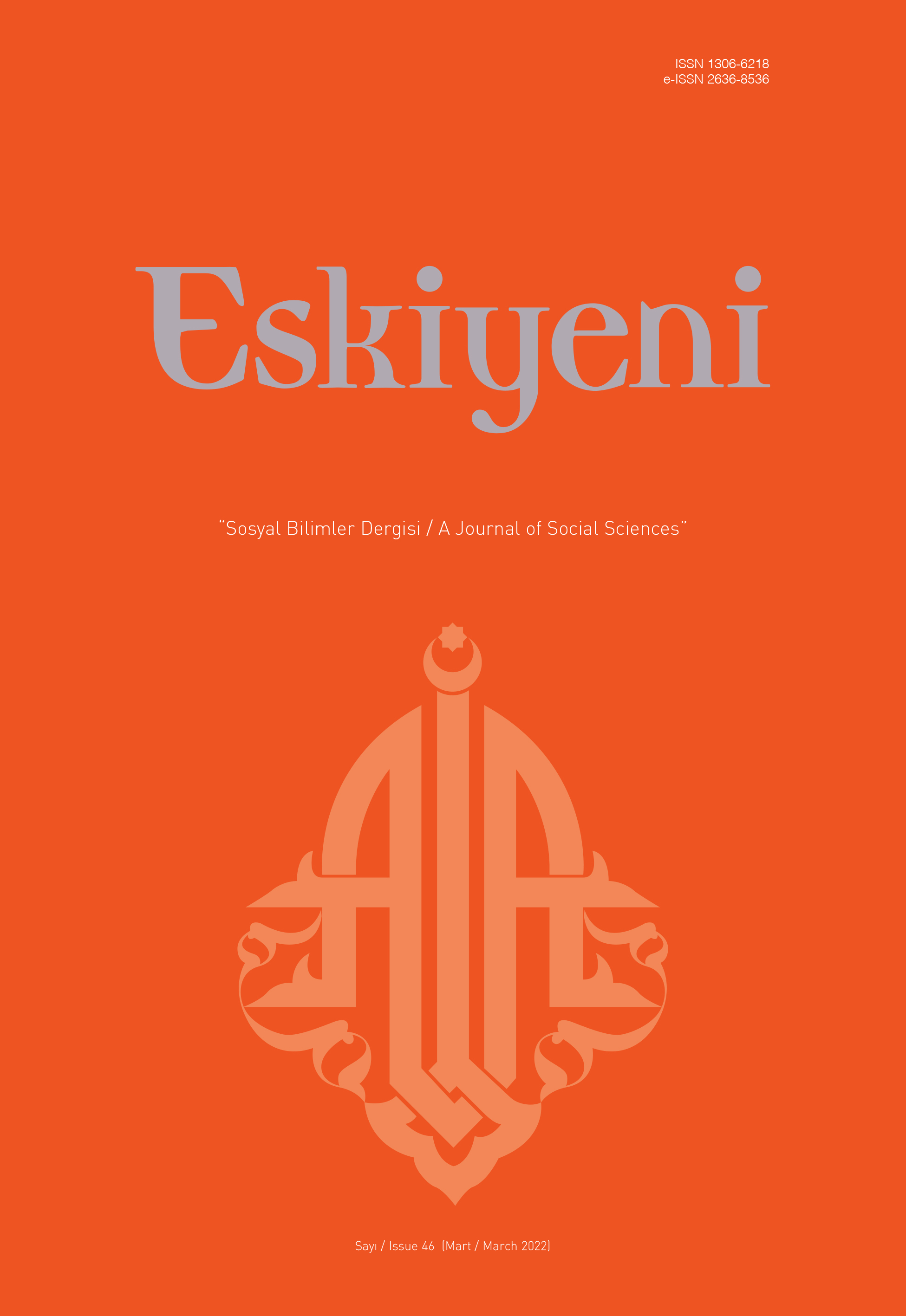Kur’ân’ın Müheyminliğinde İlâhî Vahiylerin Korunmuşluğu Üzerine
The Preservation of Divine Revelations With The Qur’ān As
The Final Standard
Author(s): Aslan ÇıtırSubject(s): Theology and Religion, Qur’anic studies
Published by: Anadolu İlahiyat Akademisi
Keywords: Tafsir; Revelation; Qur’ān; Controls; Divine Revelations;
Summary/Abstract: The word of muhaymin is mentioned in two places in the Qur’ān. In one place it is used as one of the names/attributes of Allah (swt); in the other, it is used as a characteristic of the Qur’ān. The concept of muhaymin, in the former case, means Allah's ability to preserve, observe and control everything and in the latter it means the characteristic of the Qur’ān that preserving the previous revelations. While Allah promised to protect the Qur’ān, He also protected all the previous devine books and manuscripts through it. The Qur’ān is therefore the preserver and guardian of the previous books and confirms the verses in them as the word of Allah. It reveals any distortions in these books and separates truth from falsehood. The Qur'an is a standard for which these manuscripts and books are the word of Allah, pointing out the distortions in them, and separating the truth from the falsehood. So if something is missing in the current Torah and Bible for example, but is found in the Quran, then it means it has been lost over time. Accordingly, the absoluteness of the message in the Torah and the Bible depends on their compatibility with the Qur’ān. The Qur’ān describes and elaborates the revelations in the previous devine books and manuscripts on issues such as creed, worship, morality, muamalat (legal, administrative, financial matters), on avoiding harm and etc. With these, the Qur’ān preserves the revelations of the previous prophets and separates the abrogation (naskh) from the non-abrogation. It therefore prevents these revelations from being exploited and thus preventing their misuse. The fact that previous revelations were forgotten and falsified due to lack of written record at the time of revelation enabled our Prophet (pbuh) to ensure to preserve and protect the Qur’ān. Allah protected the Qur’ān through Muhammad (saw) and his companions. The Qur’an has been preserved by precautionary measures such as writing and memorizing of the revealed verses of the Qur’ān and giving priority to their recitation with the method of presenting (‘arz) and listening (sima‘i), compile/collect (tedvin) and making clear (tebyin) and etc. The fact that the Qur’ān being muhaymin for the previous books means that it accepts what is in accordance with the Qur’ān as truth and distinguishes the contrary as false. Qur’ān is considered as the last of the divine books, the most comprehensive. Furthermore it gathers the favors (mahāsin) in the previous books and increases perfections (kamalāt), which they lack of Qur’ān has therefore been made witness, protection and reassurance to all of them. As the being muhaymin the Qur’ān is protected from being changed, it is a measure for the other books and bears witness to their accuracy and stability. The Qur’ān accepts the originality of the shari’a, determines the abrogated provisions and separates the eternal provisions of the shari'ah from the expired ones. Qur’ān is what distinguishes the fixed provisions revealed to the prophets since Adam (as) from the temporary provisions and it is the one that protects the provisions of the previous books from being altered (taghyir) and changed (tabdil). Qur’ān also contains the unification of eternal shari’ahs that remained from previous divine books. For these reasons determination of whether the provisions in the divine books have been falsified is determined by the Qur'an, not by the existing Torah and the Bible. Even though there have been many studies on the preservation of the Qur'an, no study has been found on the muhaymin of the Qur’an, which preserves the previous divine books. Accordinly, in our study, the muhaymin of the Qur'an is evaluated.
Journal: Eskiyeni
- Issue Year: 2022
- Issue No: 46
- Page Range: 305-335
- Page Count: 31
- Language: Turkish

